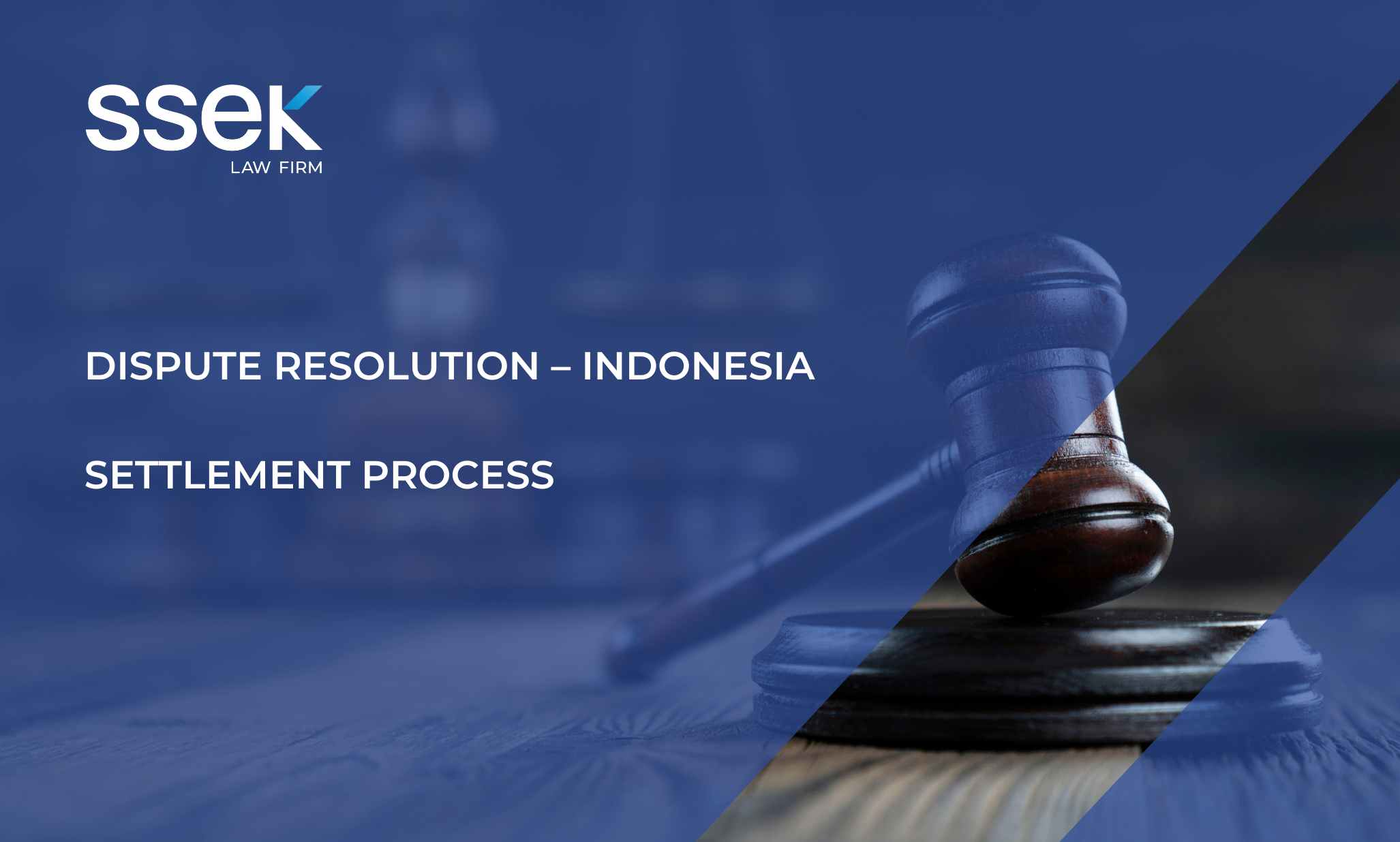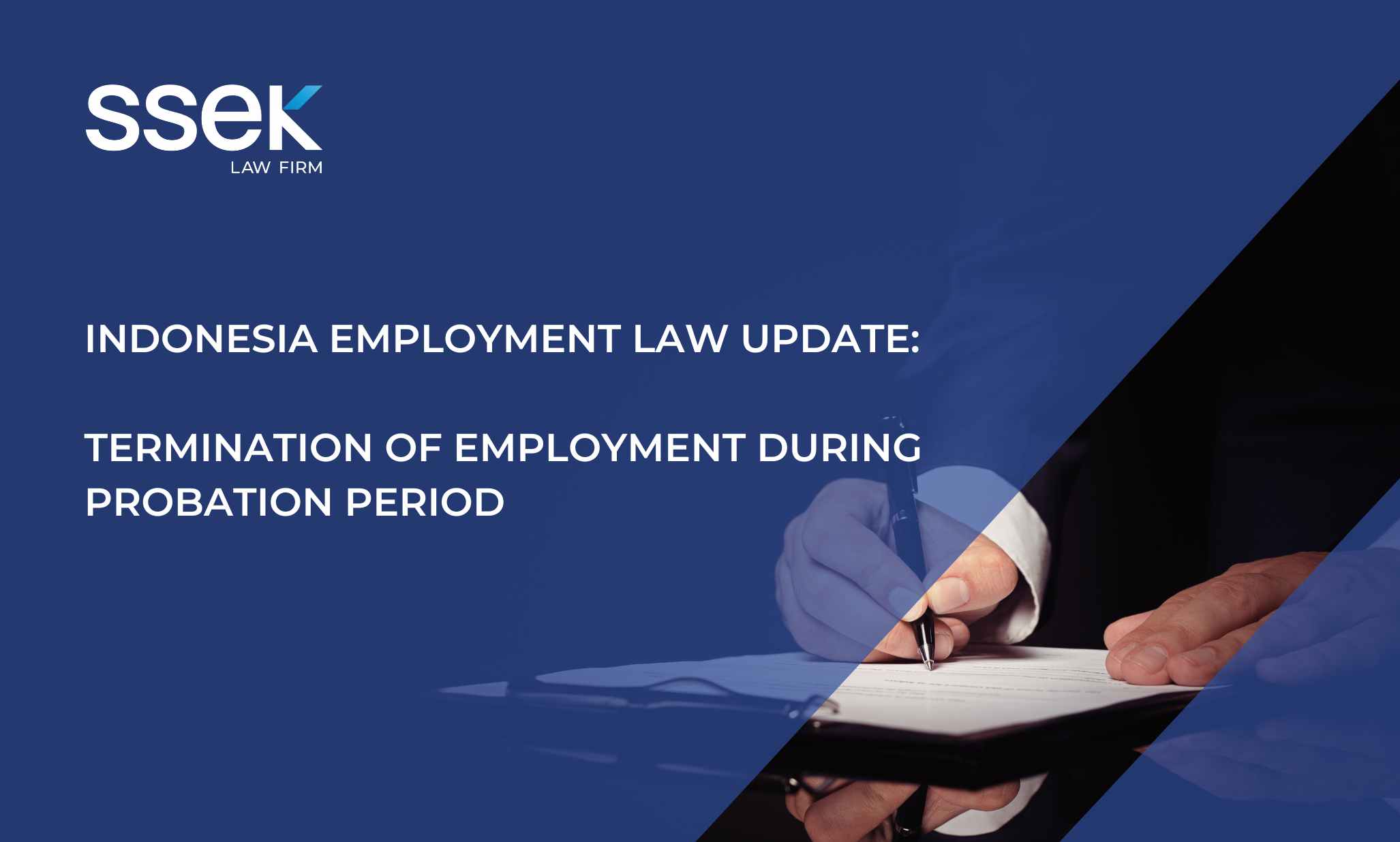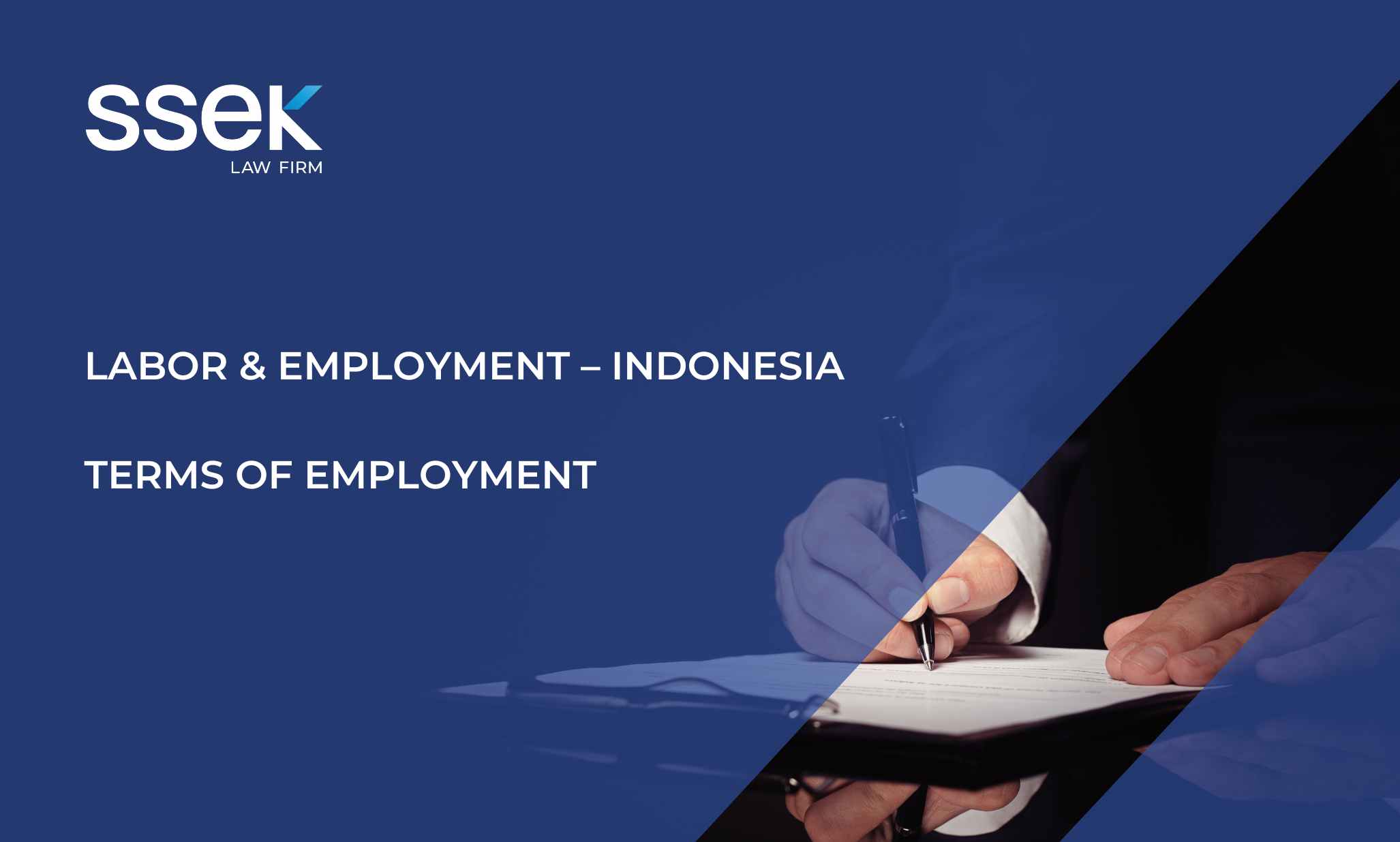

Companies in Indonesia must have at least one director, except for specific companies whose business relates to the collection or management of public funds, and companies that issue acknowledgements of indebtedness to the public, which must maintain a Board of Directors (BOD) with at least two members.
The Indonesian Corporate Governance Manual recommends that the number of BOD members should be appropriate for the size of the company and its line of business. The appropriate number of directors therefore largely depends on the company\'s activities, size (number of employees), level of development, etc. Positions that companies may find useful to include on the BOD include:
- President Director;
- Operations Director;
- Finance Director;
- Chief Risk Officer;
- Head of Strategy;
- Marketing and Sales Director;
- General Affairs Director; and
- Human Resources Director.
Roles of Board Members
According to Article 92 paragraphs (5) and (6) of the Indonesian Company Law, in the event that the BOD consists of two or more members, the assignment of managerial functions and authorities among the members of the BOD shall be stipulated based on General Meeting of Shareholders (GMS) resolutions. If the GMS does not make such stipulation, the assignment of functions and authorities among BOD members shall be stipulated based on BOD resolutions. Typically, the Articles of Association (AOA) of the company will stipulate this process.
Appointment and Removal of Directors/Officers
Pursuant to Article 94 paragraph (1) of the Company Law, member(s) of the BOD shall be appointed by the GMS. Procedures for the appointment, replacement and dismissal of a member of the BOD are governed under the company\'s AOA.
After the establishment of a company, the initial appointment of members of the BOD and BOC shall be done by the company founders, whose names are contained in the Deed of Establishment.
In terms of removal, Article 105 paragraph (1) of the Company Law states that a member of the BOD may be dismissed at any time by a resolution of the GMS by stating reason for such removal. Article 106 paragraph (1) of the Company Law further regulates that a member of the BOD may be suspended by the BOC by stating the reason for the suspension. A suspended member of the BOD is not authorized to perform their duties as a director.
Independence of Directors and Conflicts of Interest
To avoid conflicts of interest, Article 99 of the Company Law prohibits a member of the BOD from representing the company if such representation presents a conflict of interest.
Aside from the Company Law, it is expressly stated in Law No 5 of 1997 regarding Prohibition on Monopolistic Practices and Unhealthy Business Competition that a person is prohibited from serving as a director of more than one company if the respective companies are in the same market or closely related fields of business, or can jointly control the market share of certain goods and/or services, which could cause monopolistic practices and/or unfair business competition.
Breach of Directors’ Duties
Under the Company Law, the BOD shall carry out its duties in good faith and with full responsibility. In the event that the company suffers any losses as a result of an error or negligence by a director in performing their duty, the BOD member in question shall be fully and personally responsible for the losses.
In the event that the actions of the BOD inflict losses on the company, shareholders representing at least a tenth of the total voting shares of the company may file a claim through the district court against members of the BOD whose mistakes or negligence resulted in the losses. The BOC, by way of implementing its supervisory function of the management of the company by the BOD, also has the right to file a claim against BOD members who make a mistake or are negligent in carrying out their duties.
This first appeared in Chambers Corporate Governance 2019, published by Chambers and Partners. You can find the full chapter here.
This publication is intended for informational purposes only and does not constitute legal advice. Any reliance on the material contained herein is at the user\'s own risk. You should contact a lawyer in your jurisdiction if you require legal advice. All SSEK publications are copyrighted and may not be reproduced without the express written consent of SSEK.









